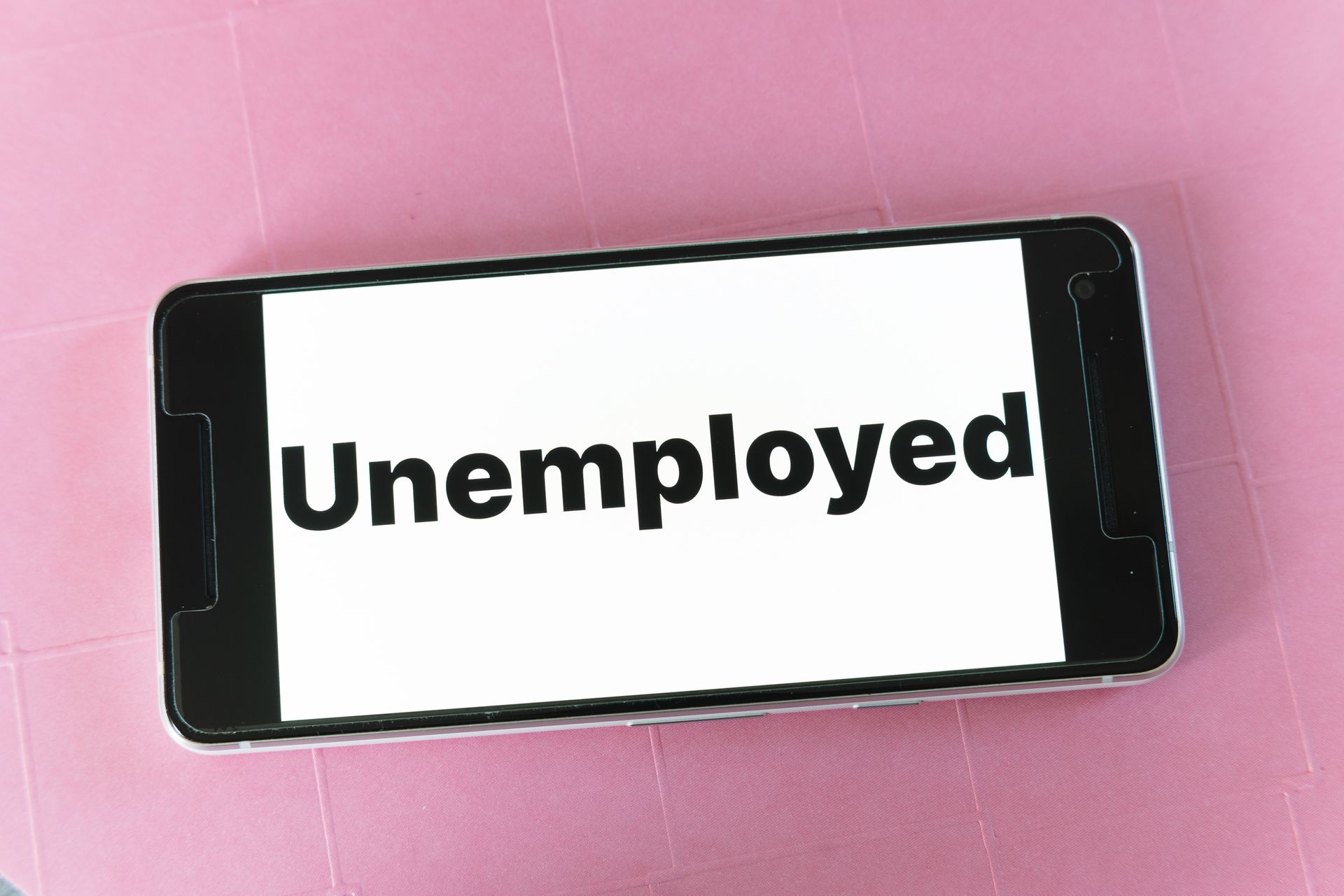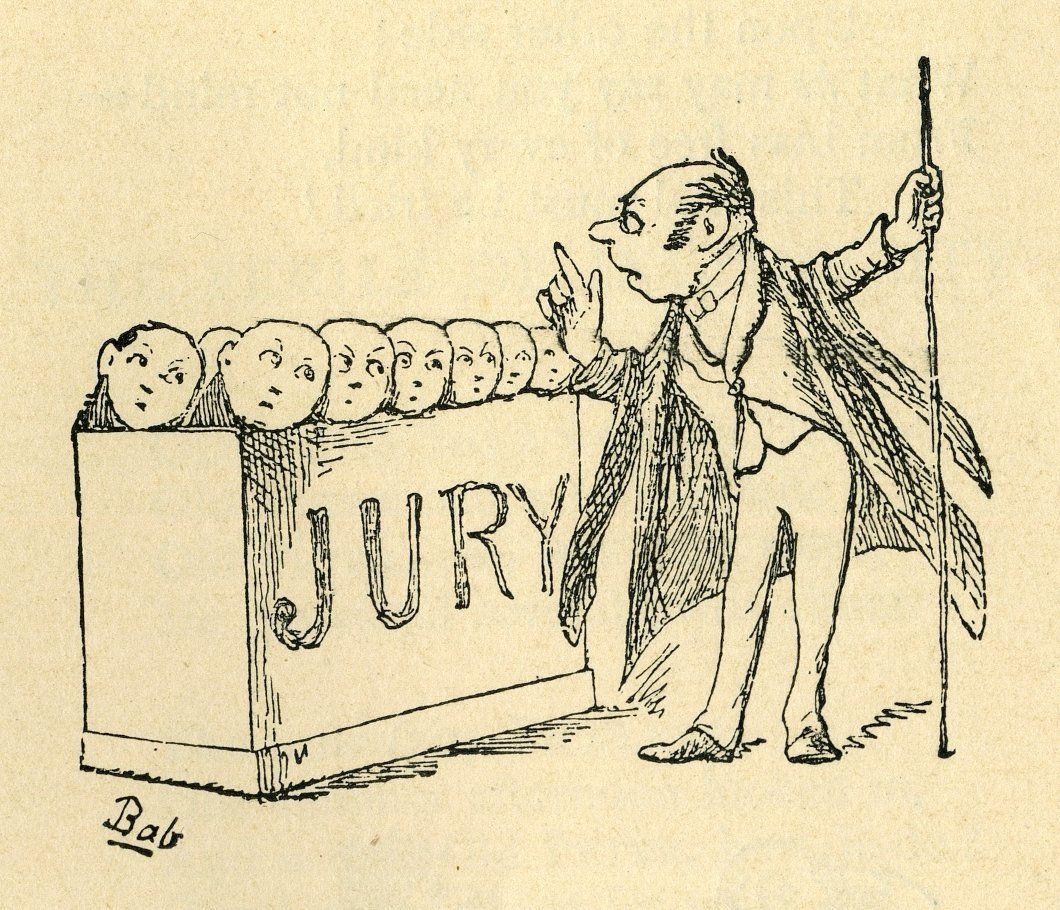What is Mediation?
What will happen at Mediation?
What is mediation?
The whole point of mediation is to achieve a favorable settlement. It’s as simple as that. A mediator is trained to facilitate or manage settlement negotiations. A mediator is “neutral,” and doesn’t favor one side over the other. The mediator focuses attention on the real issues which divide both parties and assists the parties in reaching a common ground. Mediation is voluntary, although sometimes a trial judge orders the parties to mediate their differences.
What mediation is not.
Mediation is not a trial or hearing. A mediator is neither a judge, nor an arbitrator. The mediator does not make an order or ruling. A mediator will not decide who is right or wrong (although the mediator may discuss the strengths and weaknesses of the case). A mediator will not give legal advice (although the mediator may discuss law and court procedures). No one testifies under oath. There is no court reporter present. A mediation session is not public.
Mediation agreement.
Everyone who attends the mediation signs the mediation agreement. This agreement is written by the mediator and sets the ground rules. The agreement indicates that all discussions are confidential. What is said during the mediation cannot be used against at trial. If mediation is to succeed, both sides must understand that they can speak freely and frankly to the mediator and to each other. That is why all statements are confidential. Sometimes the mediator may encourage a party to reveal sensitive information to the other side in hopes that it might break a logjam in negotiations.
Initial joint session.
Many times (but not always) a mediator holds an opening meeting of the parties and their lawyers. The mediator explains the ground rules. The mediator may ask lawyers to describe their clients’ position. The mediator may ask questions to clarify matters or gain an understanding of the facts.
If the mediator does not hold a joint session but separates the two sides at the outset, the mediator will explain the process and go over the agreement in the initial meeting with each side.
Caucus.
After the joint session, the parties move to separate conference rooms. This is called “caucusing.” At the initial session, the mediator will ask questions about the case – and the employee can tell the mediator how he or she was treated, and how he or she was damaged. The mediator then meets separately with the employer in its caucus room and gets their version of the facts. In each meeting, the mediator endeavors to get a more complete picture of the facts, arguments, and claims of each side.
One of the most important duties of a mediator is to force each side to re-examine its position. Frequently a party will enter mediation with a feeling of great certainty and confidence in its position. A skilled mediator impresses each side that absolute certainty is never possible in a lawsuit, and that there are great benefits to settlement.
As the process continues, the mediator receives settlement proposals from both sides. The mediator “shuttles” between the two conference rooms. A creative mediator initiates creative settlements. Remember, one of the functions of the mediator is to dislodge the parties from entrenched positions, and encourage both to be flexible and realistic about resolving differences. In other words, a skilled mediator acts as “devil’s advocate.” Mediation is a superb “reality check” for parties with unrealistic expectations.
An experienced mediator will not say how much a case is worth, but may guide the parties about counterproposals. The mediator is like a referee who stands in the middle of the settlement arena and tries to accommodate the differences between the parties.
Settlement.
As the day passes, the mediator spends less time learning the facts and more time proposing and exchanging terms of settlement. In a successful mediation, the differences between gradually narrow until, eventually, settlement is reached.
What happens if mediation fails? If mediation fails, the parties continue litigation.
Benefits of mediation.
First, the mediator is an impartial, neutral – a trained professional who views the dispute objectively and can assist the parties in discussing and reaching a creative solution. Second, mediation is quick -- usually the parties will know whether the case will be settle by the end of the day, if not before. Third, mediation is confidential or secret. No judge or jury publicly decides the outcome. Fourth, mediation saves money. If properly timed, a successful mediation can save the two sides substantial attorney’s fees, deposition costs, expert witness fees and the like. Fifth, mediation brings an end to litigation which often is destructive because it forces employees to relive very unpleasant experiences. Mediation is a process that both sides can control.
Employment Attorney Raymond Nardo frequently participates in mediation on behalf of his clients.
Location
Raymond Nardo, P.C.
129 Third Street Mineola,
New York 11501
Contact Us
516-248-2121
All Rights Reserved | Law Office of Raymond Nardo










